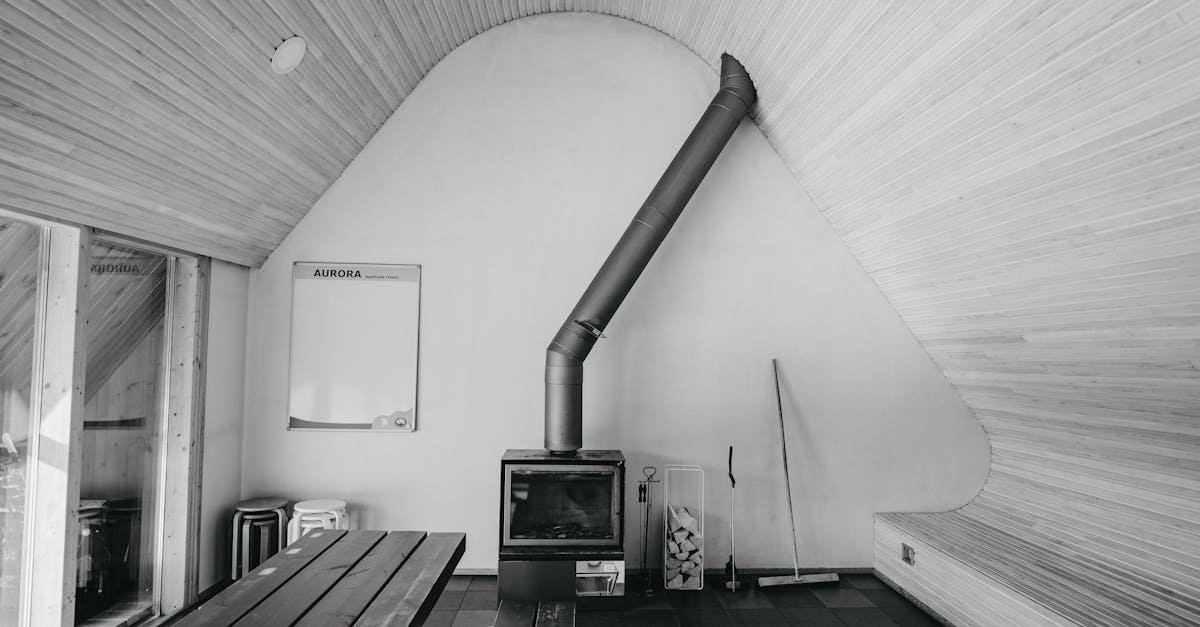When it comes to heating your space, propane heaters typically offer faster warmth and lower operational costs, while electric heaters provide convenience and easier installation. The choice between the two often boils down to your specific needs and circumstances.
If you need immediate heat and have access to propane, it’s a solid option. On the other hand, if you prefer a hassle-free setup and consistent heating, electric heaters might be your best bet. Understanding these differences can help you make the right decision for your home or workspace.
Overview of Heating Options
Propane and electric heaters both serve distinct needs in home heating. Propane heaters deliver warm air quickly. They’re ideal if you need immediate heat and have propane accessible. Gas lines or propane tanks supply these systems, making them reliable during colder months.
Electric heaters provide convenience. They install easily and require little maintenance. Plugging an electric heater into an outlet offers quick warmth without much hassle. Electric options work well in smaller spaces or as supplemental heating.
Cost plays a significant role when choosing between the two. Propane typically costs less per unit than electricity. Long-term savings often favor propane heaters. Installation costs also differ. Propane furnace installations range from $2,200 to $7,400. Electric units, but, cost between $2,047 and $7,743.
You must also consider lifespan and maintenance. Propane systems last longer, averaging 20 years, while electric units last around 12-14 years. Propane furnaces generally maintain their efficiency better over time. They also tend to have lower repair costs.
Evaluating your specific needs helps in making the best choice for your space. Think about availability, installation complexity, and overall costs. Each heating option offers unique benefits. Understanding these differences empowers you to make an well-informed choice.
Propane Heaters
Propane heaters offer several advantages over electric heating options. Understanding these benefits helps you make an well-informed choice.
Benefits of Propane Heaters
- Cost Efficiency: Propane heating is cheaper than electric heating. The U.S. Department of Energy reports propane costs roughly half as much as electricity. This difference results in almost twice the heating power for your dollar.
- Higher Heat Output: Propane furnaces generate warmer air. They heat air to between 120°F and 140°F. This temperature is substantially higher than the around 95°F output of electric heat pumps.
- Longer Lifespan: Propane furnaces last longer. On average, they function effectively for 15 to 20 years. In contrast, electric heat pumps typically last only 5 to 12 years.
- Reliability and Independence: Propane systems operate independently of the electrical grid. They keep your home warm even during power outages, ensuring comfort when you need it most.
- Initial Costs: Propane heater installation can be costly. Installation expenses range from $2,200 to $7,400, depending on the system and location. This upfront cost may deter some homeowners.
- Storage Needs: Propane requires storage tanks. You need to monitor fuel levels to avoid running out. This consideration adds to the overall maintenance of propane systems.
- Environmental Concerns: While cleaner than other fossil fuels, propane still emits greenhouse gases during combustion. This aspect may concern environmentally conscious homeowners.
- Availability: Access to propane may vary by location. In areas where propane isn’t readily available, it can be less practical than electric heating options.
These points clarify the strengths and weaknesses of propane heaters, aiding your evaluation process when choosing the best heating method for your home.
Electric Heaters
Electric heaters stand out for their convenience and efficiency. They suit many homes, especially smaller spaces. You can easily install them in various locations without much hassle.
Benefits of Electric Heaters
- Efficiency: Electric heaters convert almost 100% of electrical energy into heat. This ensures consistent warmth in your living spaces[4].
- Low Maintenance: With fewer moving parts, electric heaters require less maintenance. Regular cleaning and occasional inspections keep them functioning well[4].
- Environmental Considerations: If your local electricity comes from renewable sources, electric heating might be eco-friendly. Major environmental concerns arise when grids rely on fossil fuels[4].
- Higher Operating Costs: Although electric heaters are more convenient, electricity often costs more than propane. This can lead to higher monthly bills over time.
- Dependence on Power Supply: Electric heaters rely on the electrical grid. If there’s a power outage, your heating source goes down.
- Limited Heating Ability: Electric heaters may struggle to warm larger spaces quickly. In extreme cold, propane might offer faster and more effective heating solutions.
Comparison of Propane and Electric Heaters
Selecting between propane and electric heaters involves understanding their strengths. Each option presents unique benefits and considerations worth weighing.
Cost Efficiency
Propane heaters often feature lower annual operating costs. Propane usually costs less per unit than electricity. High-efficiency propane furnaces convert most of the fuel into heat, minimizing waste. While installation costs for propane systems, including storage tanks, can be high, long-term savings often make this choice more cost-effective. Also, propane furnaces heat air to temperatures between 130°F and 140°F, providing comfort and potentially reducing the need for supplemental heating. In contrast, electric heaters, such as baseboard heaters, convert almost all electricity into heat. But, they don’t account for efficiency losses at power plants. This often leads to higher overall costs in areas with expensive electricity rates.
Environmental Impact
The environmental impact of propane and electric heaters varies significantly. Propane heaters emit fewer greenhouse gases compared to electric heaters, particularly when the electricity comes from fossil fuels. But, propane is still a fossil fuel, which contributes to carbon emissions. Electric heaters can seem more eco-friendly if powered by renewable energy sources like solar or wind. It’s important to consider local energy sources when evaluating environmental factors.
Safety Considerations
Safety plays a critical role in your heating choice. Propane heaters require proper ventilation to prevent the buildup of carbon monoxide (CO). Ensuring your propane system is installed correctly minimizes risk. Also, regular maintenance reduces potential hazards. Electric heaters carry their own concerns. They present fire risks if wiring isn’t up to code or if they overheat. Proper installation and regular inspections help ensure safety in both cases.
Evaluating these aspects ensures you choose the heating option that best meets your needs.
Conclusion
Choosing between propane and electric heaters eventually comes down to your specific needs and preferences. If you prioritize immediate warmth and lower operational costs, propane might be the better choice for you. It offers reliability during outages and a longer lifespan, making it a solid investment.
On the other hand, if convenience and ease of installation are more important, electric heaters could suit your lifestyle better. They require less maintenance and are perfect for smaller spaces.
By carefully weighing the advantages and disadvantages of each option, you can make an well-informed choice that keeps your home comfortable and efficient throughout the heating season.







